| “Dr. John Moore (1729-1802) was a man of the Enlightenment who wrote novels during the Revolutionary decade.” "Moore's novels helped establish the 'modern novel' as no longer just the diversion of leisured middle-class ladies and their female servants (the widely held view at the time), but as something fit for 'enlightened' men (and women) to read." -- Scholar Gary Kelly on John Moore |
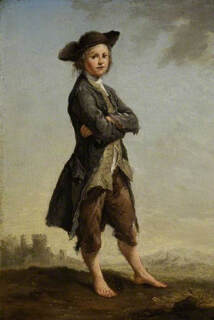
In his 1796 novel Edward, author John Moore does provide the answer, but first he takes us on a great many detours. As an early reviewer of Edward said in The Analytical Review, “the history of Edward is but the slender thread on which a variety of different incidents are strung, to exhibit... caricatured characters.”
I started on Edward because I had read somewhere that it contained a portrait of a hard-drinking, riding-to-hounds sort of clergyman. I was interested in sampling novels that were critical of the clergy, because of the popular idea that Jane Austen was daringly critical with her portraits of Mr. Collins, Mr. Elton, and Dr. Grant. However, Edward: Various Views of Human Nature, Taken from Life and Manners, Chiefly in England, does not have that kind of a clergyman. There is only a passing sneer from a gambler named Mr. Shuffle about the drinking habits of clergymen and another passing sneer from an effete aristocrat about their gluttony. In other words, the critiques of clergymen come from disreputable characters in the book.
At any rate, I came for the clergyman but stayed for the orphan, plucky little Edward Evilen.
Continued after the jump...
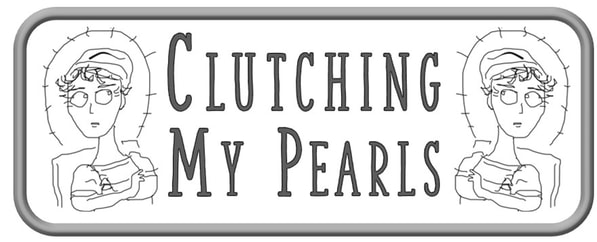
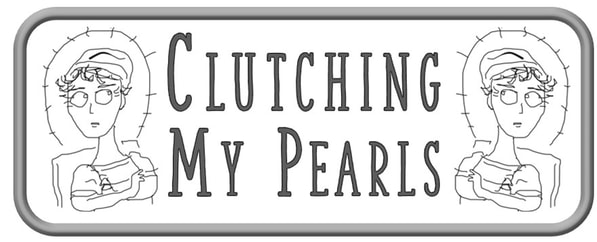
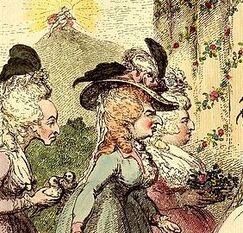
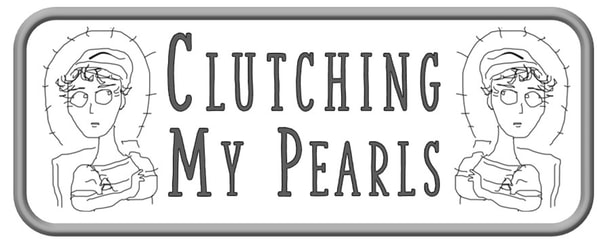
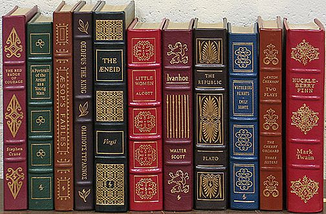
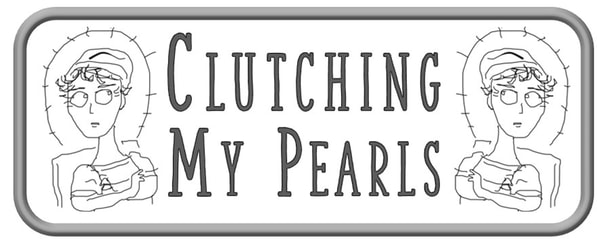
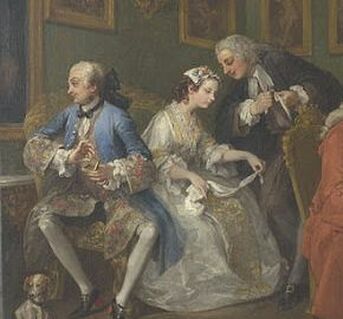
 RSS Feed
RSS Feed